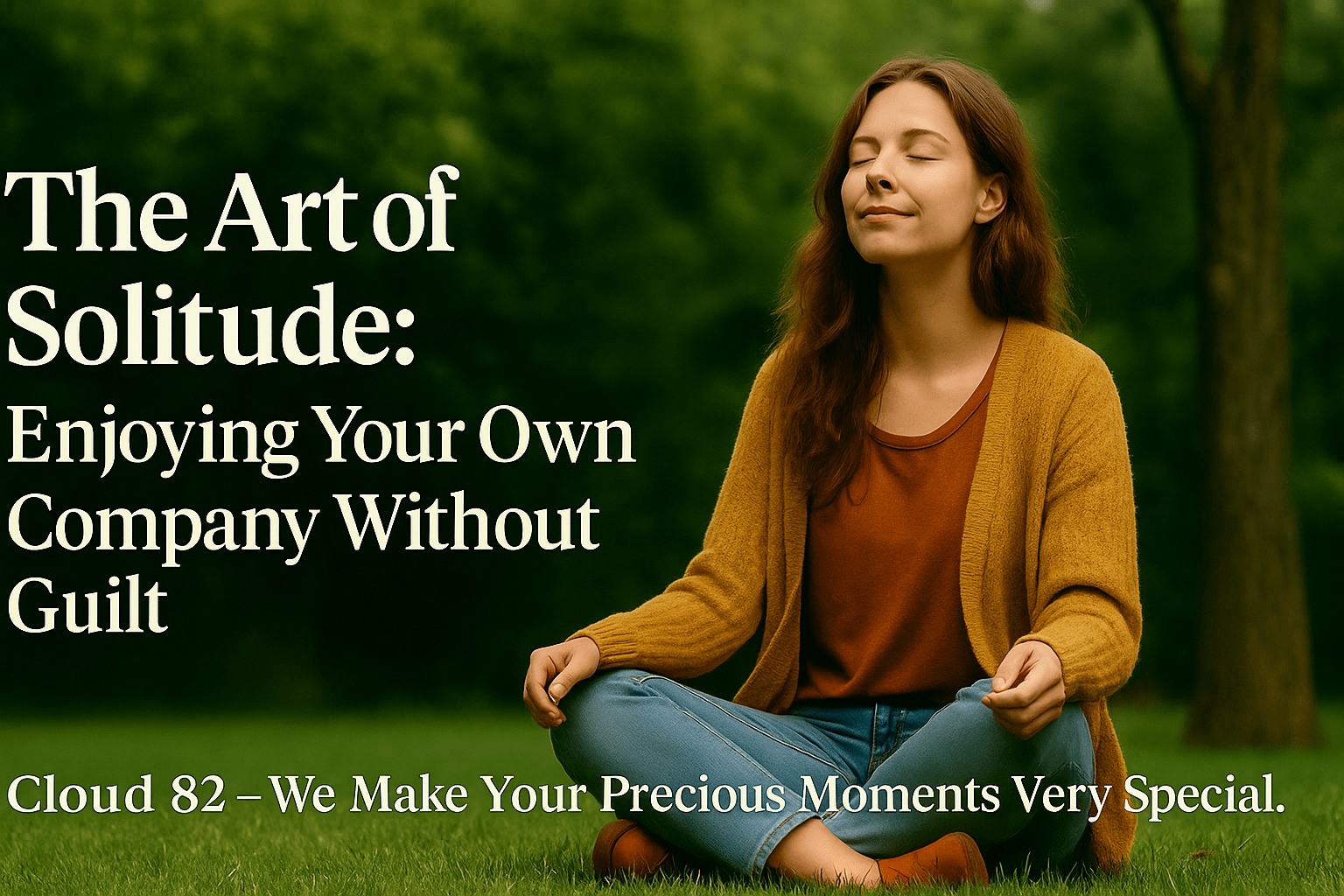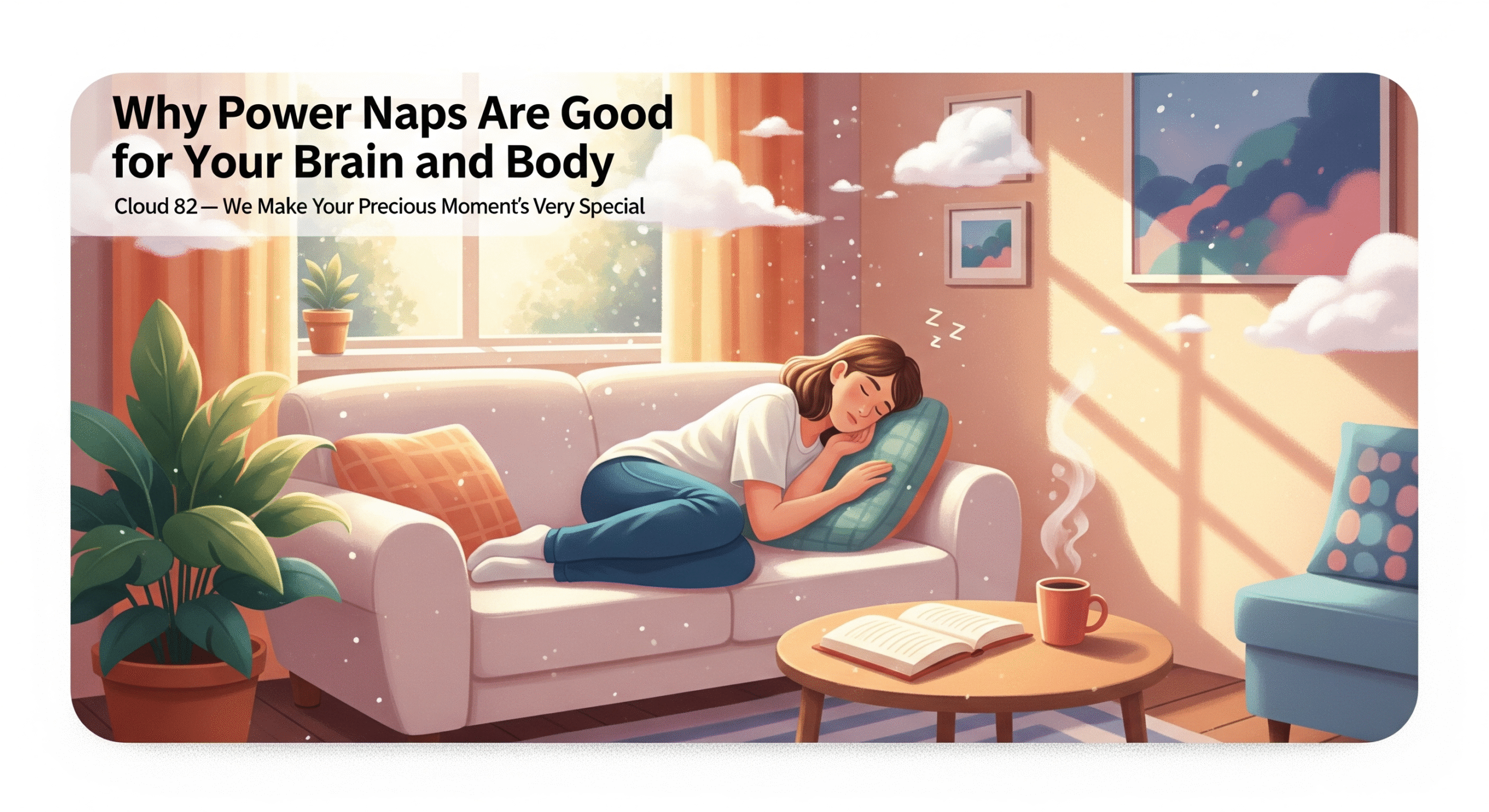“Alone, Not Lonely: Why You Need More Solitude in Your Life”

In a world that constantly encourages connection, productivity, and presence, solitude can often feel like a strange and even suspicious thing. We’re taught to be social, to keep up with friends, to show up for family, and to always be reachable. And yet, beneath the surface of our hyper-connected lives, many of us are craving the quiet—craving a moment to be alone with ourselves.
But solitude, though natural, is often misunderstood. We fear that choosing to be alone might make us seem lonely, sad, or antisocial. The truth is, there’s a world of difference between solitude and loneliness. Solitude is a conscious, empowering choice. Loneliness is something else entirely.
I used to feel anxious being alone in public—a solo lunch, a quiet walk, a movie by myself. But in time, I began to realize those moments weren’t empty; they were filled with presence. This blog explores the joy and power of solitude, and how you can embrace it without guilt.
Why We Feel Guilty About Being Alone
We live in a culture that celebrates hustle, connection, and being “booked and busy.” The idea of spending time alone often feels counterproductive, like we’re wasting an opportunity to be social or accomplish something visible.
We fear being misunderstood: What if people think I’m sad or isolated? What if I look like I don’t have friends? These fears are deeply conditioned into us, especially through social media, where connection is public and validation comes in likes and replies.
We also pressure ourselves internally to “make the most” of every hour. That mindset often equates being alone with doing nothing. But in truth, solitude can be one of the most productive and spiritually enriching states of being.
The Difference Between Solitude and Loneliness
Solitude is the deliberate act of being with yourself. It’s nourishing, reflective, and full of potential. Loneliness, on the other hand, is an unwanted experience—marked by disconnection and emptiness.
Solitude feels like taking a walk through nature and breathing in the silence. Loneliness feels like scrolling through your phone, hoping someone will message you. Solitude is fulfilling; loneliness is draining.
Scientific research supports solitude’s benefits. Time alone can increase creativity, boost problem-solving skills, and enhance emotional regulation. It gives your brain time to reset, and your heart space to realign.
The Hidden Benefits of Being Alone
Solitude isn’t just peaceful—it’s powerful.
- Creativity & Focus: Solitude clears mental clutter, making space for deep thinking and creative flow.
- Emotional Self-Awareness: You learn how you really feel—without the noise of other people’s opinions.
- Authentic Decisions: When you’re alone, your choices come from within—not from fear or peer pressure.
- Resilience: The more time you spend alone, the less dependent you become on external validation.
Many great artists, thinkers, and leaders attribute their insights to time spent in solitude. It’s in the quiet that we often hear ourselves the loudest.
How to Enjoy Your Own Company (Practical Steps)
- Create a Solo Ritual: Start small—perhaps a daily coffee by yourself, or a Sunday afternoon with your journal.
- Explore Solo Hobbies: Try things like painting, hiking, reading, or photography. Doing things alone can be deeply satisfying.
- Practice Mindful Presence: Leave your phone behind. Observe the world with all five senses. Be fully in the moment.
- Redefine Fun: Fun doesn’t always need company. You can laugh, play, and feel joy on your own terms.
The key is to make alone time a gift, not a punishment.
Letting Go of Guilt
It’s time to rewrite the script. Being alone doesn’t mean you’re avoiding life—it means you’re fully living it.
Replace the guilt with a new mantra: “Alone is not lonely. Alone is sacred.”
When others question your solitude, you don’t need to justify it. A simple, confident “I enjoy my own company” is enough. Solitude is a boundary—a way to protect your energy and connect deeply with your truth.
Affirmations to repeat:
- “My presence is enough.”
- “Solitude is my sanctuary.”
- “I trust myself to hold space for me.”
When Solitude Becomes Growth
One of the most profound shifts I experienced was during a period of extended solitude. I wasn’t dating. I wasn’t overworking. I just spent time with myself. That silence brought clarity.
I wrote more. I dreamed more. I finally heard the whispers of what I wanted—not what others expected.
Solitude gave me confidence. It helped me rediscover creativity. It reminded me that I am never truly alone when I am in alignment with myself.
This kind of self-growth is subtle but transformative. Solitude can make you whole.

Conclusion
Solitude is not selfish. It’s not sad. It’s not something to be ashamed of. It’s a practice—an art—that teaches you to be your own best friend.
In a world that constantly pulls us outward, solitude draws us inward—toward peace, truth, and quiet power.
Make time for yourself. Cherish your own company. And remember:
“You are already enough—just as you are, even in silence.”





